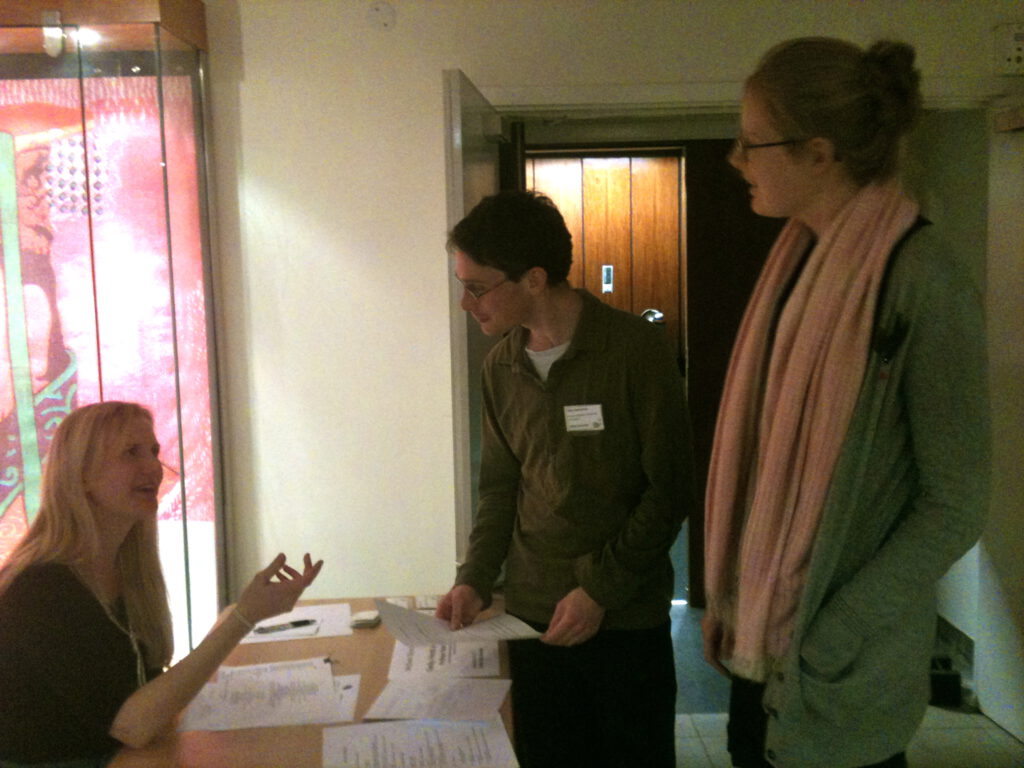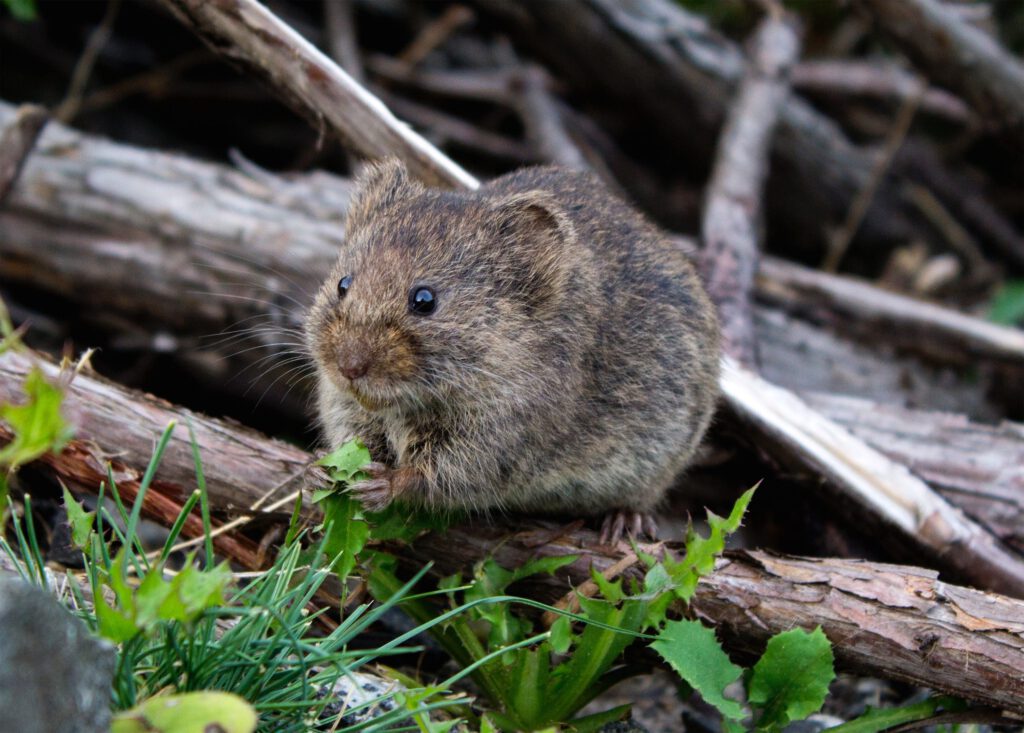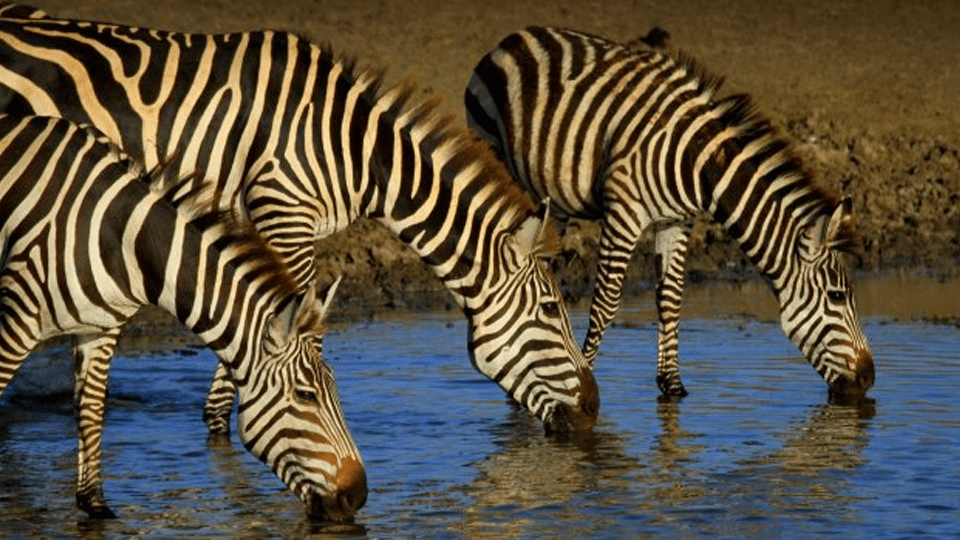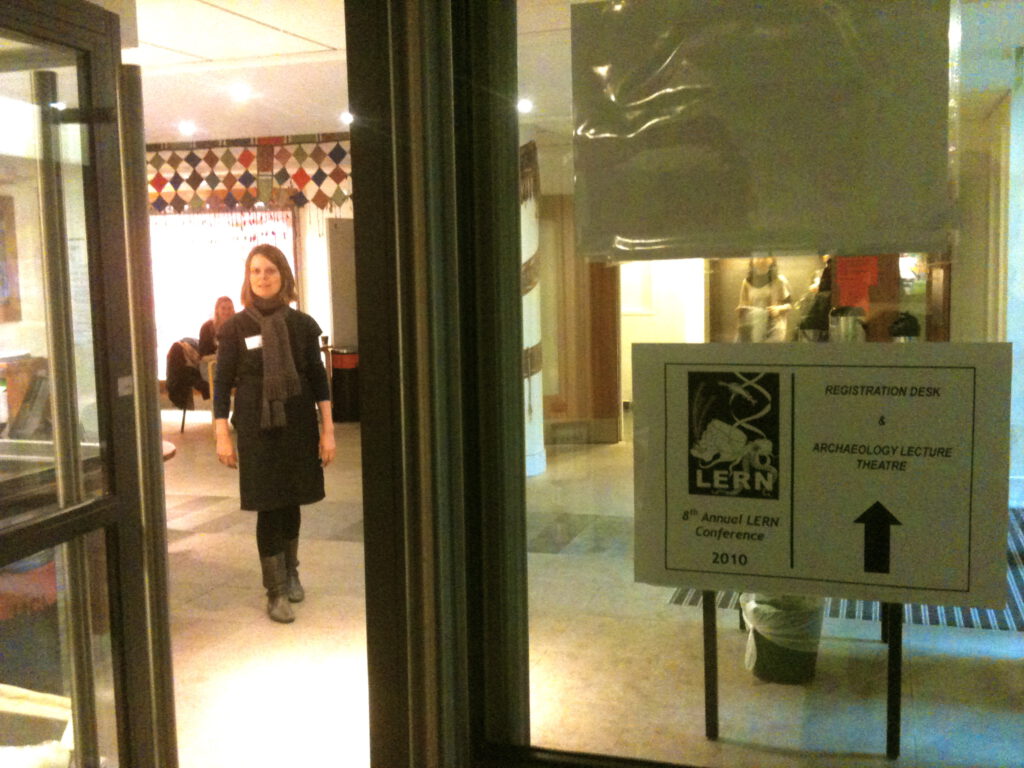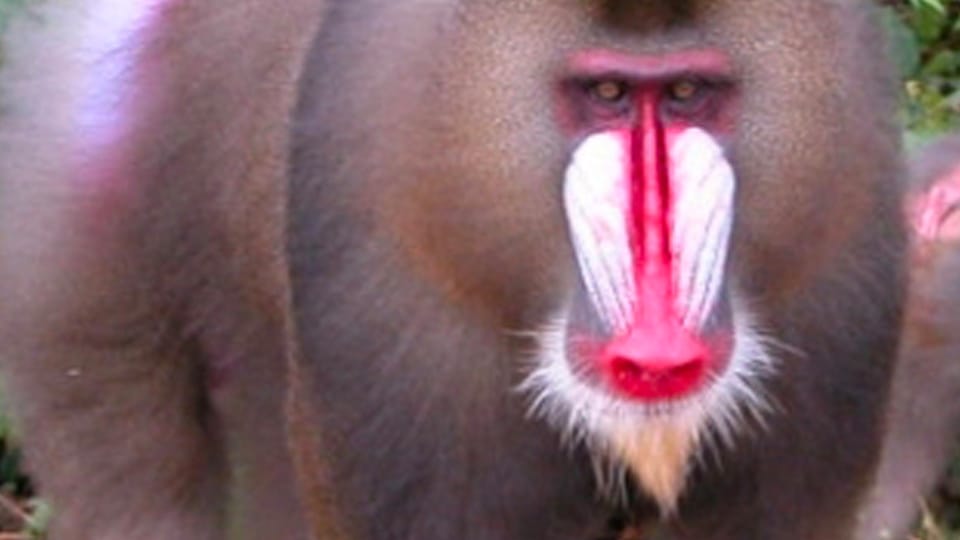LERN Conference 2011
The 9th Annual LERN Conference will be held on Wednesday 5th October 2011 in Malet Place Engineering 1.03 (UCL). The LERN conference provides an opportunity for postgraduate students working on any aspect of evolution to present their work to a diverse audience. This year’s keynote speakers will be Dr. Alex Mesoudi presenting on ‘Human cultural evolution: past, present and future‘ and Professor Adam […]
LERN Conference 2011 Read More »

